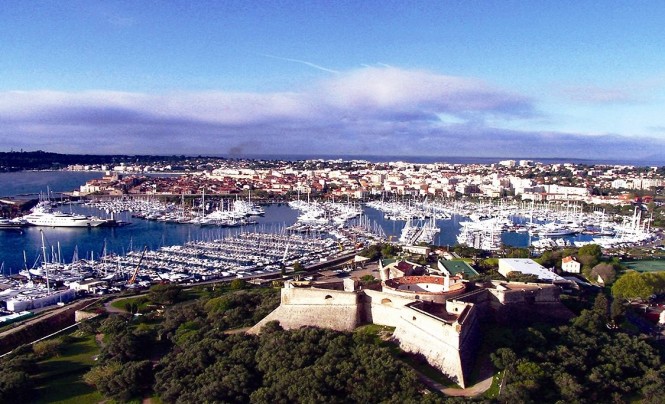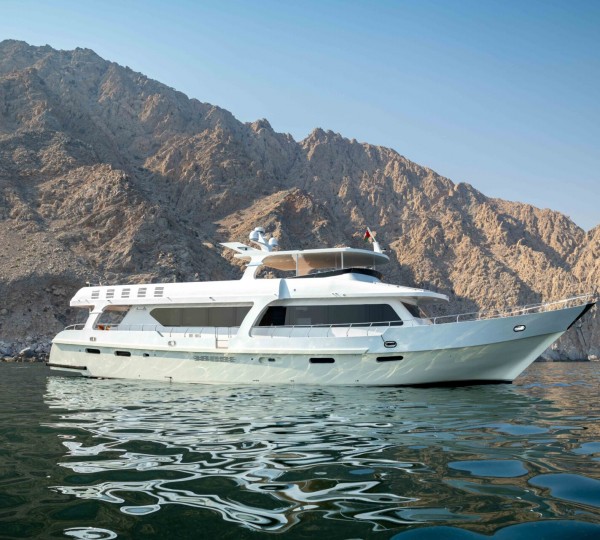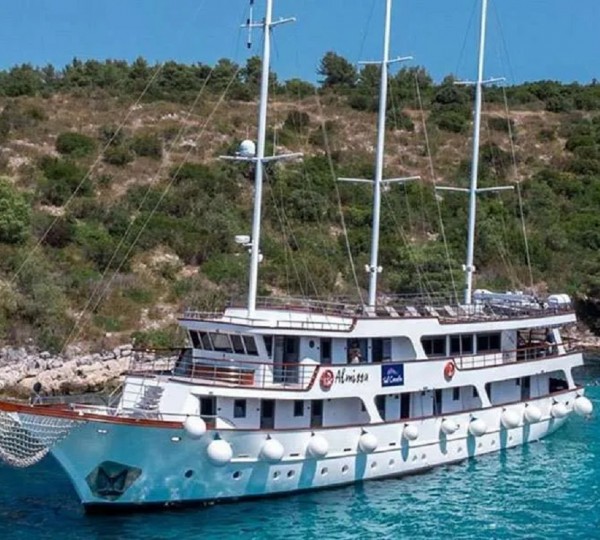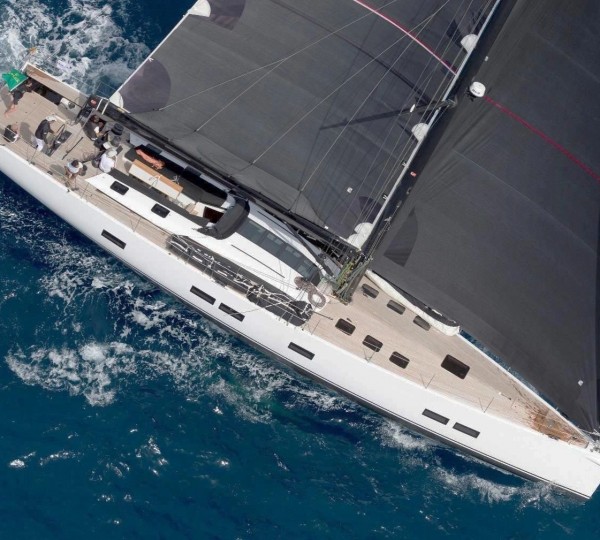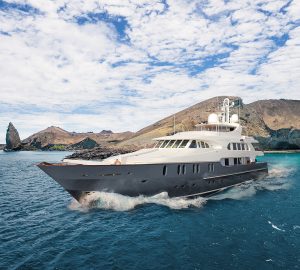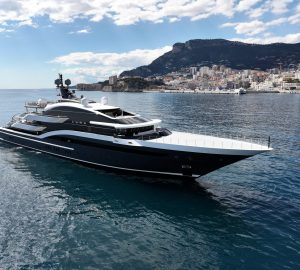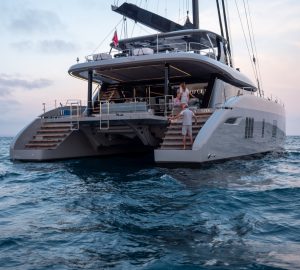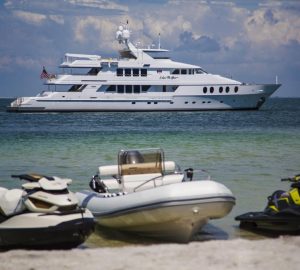The challenge has come rather sooner than expected. The European Commission, which jointly with the Court of Justice is the guardian and enforcer of European law, has formally asked France to change its legislation granting VAT exemption for certain transactions involving vessels. The Commission considers that the scope of France’s current VAT exemption goes beyond what is permitted by EU law as contained in the VAT Directive.
“So the immediate impact of trimming the FCE regime may be to re-instate customs controls and deny suppliers of commercial charters in France the right to tax-free fuelling and provisioning that they have enjoyed so far. Those businesses would have to seek the more traditional avenues of inter-EU VAT mitigation, which lie in joining the VAT system as registered persons in a suitable EU territory.”
A day of reckoning has loomed ever since the French legislator introduced a VAT exemption regime that included all yachts in commercial use in May 2004. Article 262-II-2o, 3o, 6o, and 7o and Article 291-II-5o of the French Tax Code, until then applicable only to merchant ships, were extended to assimilate yachts earmarked for commercial charters. That single act, now commonly known as the French Commercial Exemption (FCE), opened a freeway for superyachts into France, a key Member State of Europe’s fiscal club. All that a yacht needs under the regime is to hold a commercial registration certificate from any Flag State; have a permanent crew; and be disposed to charter. Customs entry and exit formalities for such yachts were scrapped. Charter activities that the yachts undertake in France are treated as exempt from VAT. And the yachts enjoy tax-free fuelling and provisioning on top of all that.
The French regime however contrasts sharply with those in other EU Member States, which have no such exemptions in law. The regime has been a boost to the yachting industry in recent years. Among other things, it has pushed the concentration of large yachts in France to an all time high. It has even influenced other EU countries, such as Italy and Malta, who tolerate some features of the regime, albeit without specifically changing their national law. That makes the Commission’s attack on the French regime truly momentous and significant. To the more conservative EU Member States looking on the FCE, France had literally taken a wrecking ball to the EU fiscal fence – a bold demolition job. Reckoning that it has broken ranks technically, France is now being asked by the Commission to step back into line and put the fiscal fence back up at her end of the EU. There may also be an implied warning to France’s admirers to be less dazzled.
Trimming Sharply
The Commission’s charge against France is that it has unduly extended eligibility for VAT exemption to all vessels used for commercial activities, while it should be limited only to vessels used for navigation on the high seas. The ‘on the high seas’ qualification is central, for two reasons. Firstly, it falls within the contextual setting of Article 148 of the VAT Directive, which is entitled ‘Exemptions related to International Transport’. The Commission maintains that the scheme and purpose of that article means that qualification applies to all the sea-going vessels mentioned in the said provision, but only if their activities take place on the high seas. Secondly, exemptions themselves are independent concepts of EU VAT law that must be interpreted strictly, since they constitute exceptions to the general principle whereby any supply of goods or services supplied for consideration by a taxable person is subject to VAT. The transactions concerned in this article are exempted because they are treated as ‘exports’. Therefore when transposing that Directive into national law, no Member States should exercise the discretion they have by linking the exemption to any additional requirements, particularly if, like the FCE three-condition rule, they unduly compromise the object of the law. By not stipulating use for navigation on the high seas as a condition for the exemption, says the Commission, the current French national law fails on both counts. It allows a wider scope of vessels and their activities to be covered by the VAT exemption.
France on its part is entitled to reason that all it had done by way of the FCE was to implement the exemptions envisaged by the VAT Directive through objective criteria specific to the modern economic activity of commercial yachting. When the VAT exemptions were first drawn up in the 1970s, commercial yachting was almost non-existent; but in more recent times, it has clearly emerged as a major sector of activity in France and elsewhere. The law should thus be interpreted to reflect and recognise this modern trend. Although the French domestic legislation does not fully reflect the wording of the VAT Directive, it is framed to provide certainty to taxpayers in a pragmatic way concerning which category and supplies of vessels can qualify for exemption.
However, as the UK and Danish experience in similar circumstances a year ago over the VAT exemption of aircraft shows, such a defence is not viable enough to satisfy the Commission. Indeed, as at end March 2010, the Commission had already rejected France’s defence and given it two months to amend its legislation. Judging by the current buzz of activity in the Tax Legislation Division of the Douane in Paris, France is now labouring to comply with the Commission’s request.
What France actually delivers from that labour beyond correcting the offending articles of its Tax Code remains to be seen. It is hoped that the authorities will engage and consult with the yachting industry in the same way that they did in the lead up to the favourable rule changes in 2004. But the tight deadlines imposed by the Commission mean that such an approach cannot be guaranteed. Given that the VAT Directive’s provisions are based on the use to which a vessel is put and the location of such use, stipulating use for navigation on the high seas as a condition for exemption under FCE would require that chartering takes place in international waters outside the EU. That would be the very antithesis of conventional yachting, whose pleasure and recreational purpose will sooner yield to the adhesive appeal of the inshore waters and coasts of the EU.
On the other hand, requiring foreign owners and operators of yachts within French territorial waters to now register and account for VAT in France would be too fundamental a step that France may not be ready to take right away, more so because Member States have been allowed a flexible timetable until 1 January 2015 to complete the implementation of the game-changing place-of supply VAT rules for inter-EU supplies of services.
So the immediate impact of trimming the FCE regime may be to re-instate customs controls and deny suppliers of commercial charters in France the right to tax-free fuelling and provisioning that they have enjoyed so far. Those businesses would have to seek the more traditional avenues of inter-EU VAT mitigation, which lie in joining the VAT system as registered persons in a suitable EU territory.
This bulletin was prepared by Moore Stephens Consulting Limited. Yachting VAT Note is designed to keep readers abreast of current developments and trends. It is a general guide only and is not intended to be comprehensive. No liability is accepted for the opinions it contains, or for any errors or omissions.
In all cases you should seek professional advice specific to your circumstances.


